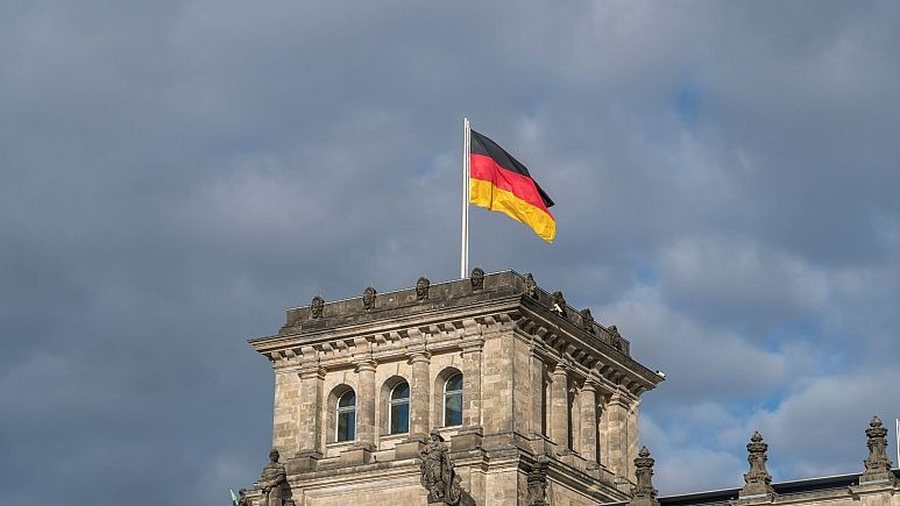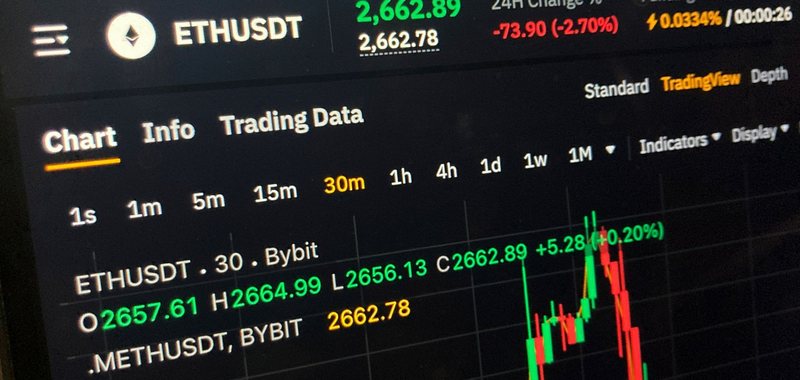Germany, the "grand coalition" takes shape - How will the CDU/SPD cooperation affect the country's economy?

The conservative alliance led by Friedrich Merz has won Germany's federal election, but with only 28.5% of the vote. The Christian Democratic Union party faces a fragmented political landscape and has decided to revive the so-called "Grand Coalition" with Olaf Scholz's weakened Social Democrats.
As coalition talks begin, investors are watching closely to understand Germany's fiscal path, with economists divided on whether the new government will be able to enact meaningful reforms.
A fragmented result, but a recognizable coalition
After a long election night on February 23, Merz's alliance secured 208 seats, making it the largest party in the Bundestag, followed by the far-right Alternative for Germany (AfD) with 152 seats.
The SPD, which has governed under Scholz since 2021, suffered heavy losses, taking 120 seats. The Greens, who were part of the previous coalition, also suffered declines, while the far-left party made small gains.
The Free Democratic Party (FDP) suffered a stunning collapse, losing all 91 seats it won in the 2021 elections after failing to meet the 5% threshold to enter parliament. Its leader and former Finance Minister, Christian Lindner, resigned.
Despite Merz's victory, the CDU/CSU's performance was the second-worst in its history, forcing the party into coalition talks with the Social Democrats.
The CDU/CSU and SPD have governed together several times, forming "Grand Coalitions" in 1966-1969, 2005-2009, 2013-2018 and 2018-2021.
The debt containment dilemma
One of the biggest challenges facing the next government is whether it can reform Germany's constitutional debt curb, which strictly limits government borrowing.
Goldman Sachs notes that the challenge lies with the AfD and the Left Party, which together have 216 seats, over a third of the Bundestag, giving them the ability to veto any constitutional amendment.
"The AfD is against a debt-containment reform. The Left is against increasing defense spending, although they may support a debt-containment reform to increase investment," explain the Goldman Sachs economists.
Despite these obstacles, there are alternative ways to increase fiscal space. One approach could be to use common European funds for military spending, since debt issued by the EU would not be blocked by Germany's constitutional rules. Another option is a reform of the debt brake, which the Left could support if it is linked to higher investment spending.
"Easing debt constraints also opens the door to implementing the proposals from the Draghi report, which calls for further European integration and higher investments in energy transition, innovation and defense," the economists explain.
Limited space for major economic reforms
Analysts are skeptical that a CDU/CSU-SPD government will advance major structural reforms.
"It is difficult for the next government to deliver much more than a short-lived positive impact from a few tax cuts, small reforms and a little more investment. A reform of the pension system seems highly unlikely," they explain.
Despite the political uncertainty, there is now a palpable sense of urgency among key policymakers. This could pave the way for a relatively smooth coalition formation, which could be a positive surprise for markets, experts say.

How will the streets of the former Blloku be transformed? - Elimination of parking lots and expansion of pedestrian areas
In recent years, the capital has undergone an urban transformation, including the increase in pedestrian spaces. Skanderbeg Square was the project that......

"The Biggest Crypto Heist of All Time" - Crypto Platform Bybit Closes $1.5 Billion Gap
Dubai-based crypto platform Bybit announced it has closed a $1.5 billion (1.4 billion euros) gap in funds stolen by hackers earlier this week, in what a......

Energy bills in Britain are getting more expensive - Regulator announces price cap increase by 6.4%
Millions of Britons will pay higher energy costs from April after regulator Ofgem said the domestic price cap will rise by 6.4%, due to rising wholesale......

Which cities registered the most businesses? - In Albania, 845 fewer businesses were opened in 2024
From Tirana as the main economic center, to smaller cities with unique potential, entrepreneurs are finding space to innovate and invest in different......

Water utility debt repayment begins - Balluku: Good news for the economy, shows consolidation of the sector
The debts accumulated by citizens for water supply have begun to be paid off. The news was given by the Deputy Prime Minister, Minister of Infrastructure and......

How did tourism affect the increase in consumption? - The budget provides 137 million euros more from VAT
Albanian citizens but also foreign tourists have spent more on products and services within the country throughout 2024. Official data from the Ministry of......

Albania elected to the Council of the International Maritime Organization!
The Ministry of Defense announced today that Albania has been elected to the Council of the International Maritime Aid Organization (IALA), a fact that......

Diaspora vote: Proposed extension of the validity of identification documents until the end of May!
The Committee on Legal Affairs, Public Administration and Human Rights reviewed today the Normative Act "On providing Albanian citizens with passports for......

















